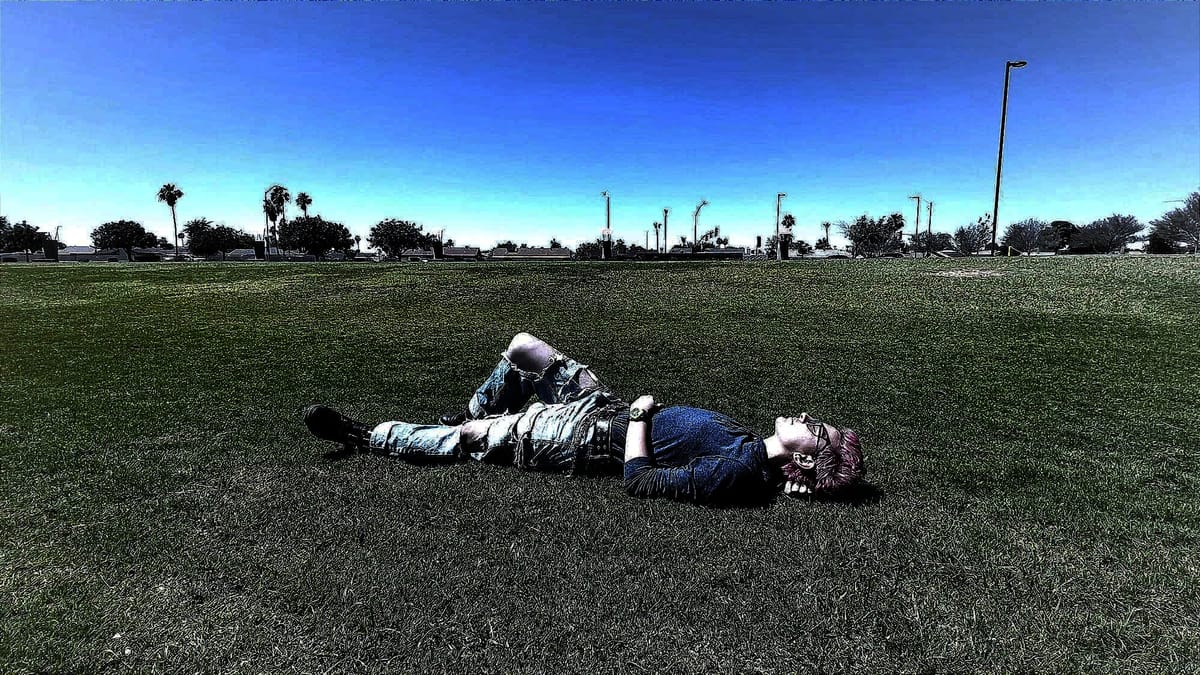Citing Funding Risks, Clinics Cancel Gender-Affirming Treatment for Adults
One adult patient of Planned Parenthood Arizona was told by phone Friday night that the treatment she receives for gender-affirming care was "paused."
Hear their voices: Diana Garcia (she/her) Yuma, Ariz.

Diana Garcia is unsatisfied with what she learned while going to school in Yuma.
She said the curriculum at Cibola High School had too limited a scope—so narrow that it didn’t prepare her for what she would actually experience in adulthood.
"It was nice to go over consent and practice saying yes and no to people, but other than that, they gave us no other information besides the basics of safe sex," Garcia said. She points out that the program, for example, did not address LGBTQ+ issues, leaving significant gaps in her understanding of relationships and sexual health.
With the school curriculum falling short, Garcia turned to other sources for information. Many parents’ rights advocates say that it’s the job of parents to teach about sex, not schools.
But at home, Garcia said it she was lucky with one parent being open to it, while the other shying away from discussing sex. Her mother and aunts, she said, were approachable about relationships. Her father would never discuss it, though.
"My mother taught me from a really young age what sex was and that I could ask her any questions, but my father would always punish me for my curiosities," Garcia said.
The dichotomy in her home is what sex-education advocates point to as leading to misinformation or a lack of knowledge in sexual health. Additionally, Garcia relied heavily on the internet.
In interviews, teachers said that they are worried about what kids are learning, and often have to re-teach what kids are seeing online.
Garcia, though, was lucky enough to learn how to navigate the web critically, thanks to a memorable fourth-grade assignment about tree octopuses designed to teach students about verifying credible sources.
Garcia encourages current students to get involved in their schools and campaign for better sex education, despite acknowledging that this can be a daunting task. She also suggested using the internet cautiously and cross-referencing multiple sources to verify information.
“Always have multiple sources,” she said.
In a college sociology class, Garcia was able to learn more in-depth about sexual and gender identities and Garcia expressed she wished she had this information earlier in life.
"It was just kind of crazy to me that this kind of stuff isn't taught earlier on because it felt really important," she said. "Sexual identities and gender identities should be taught at a young age because people realize that kind of stuff really young."

LOOKOUT Publications (EIN: 92-3129757) is a federally recognized nonprofit news outlet.
All mailed inquiries can be sent to 221 E. Indianola Ave, Phoenix, AZ 85012.